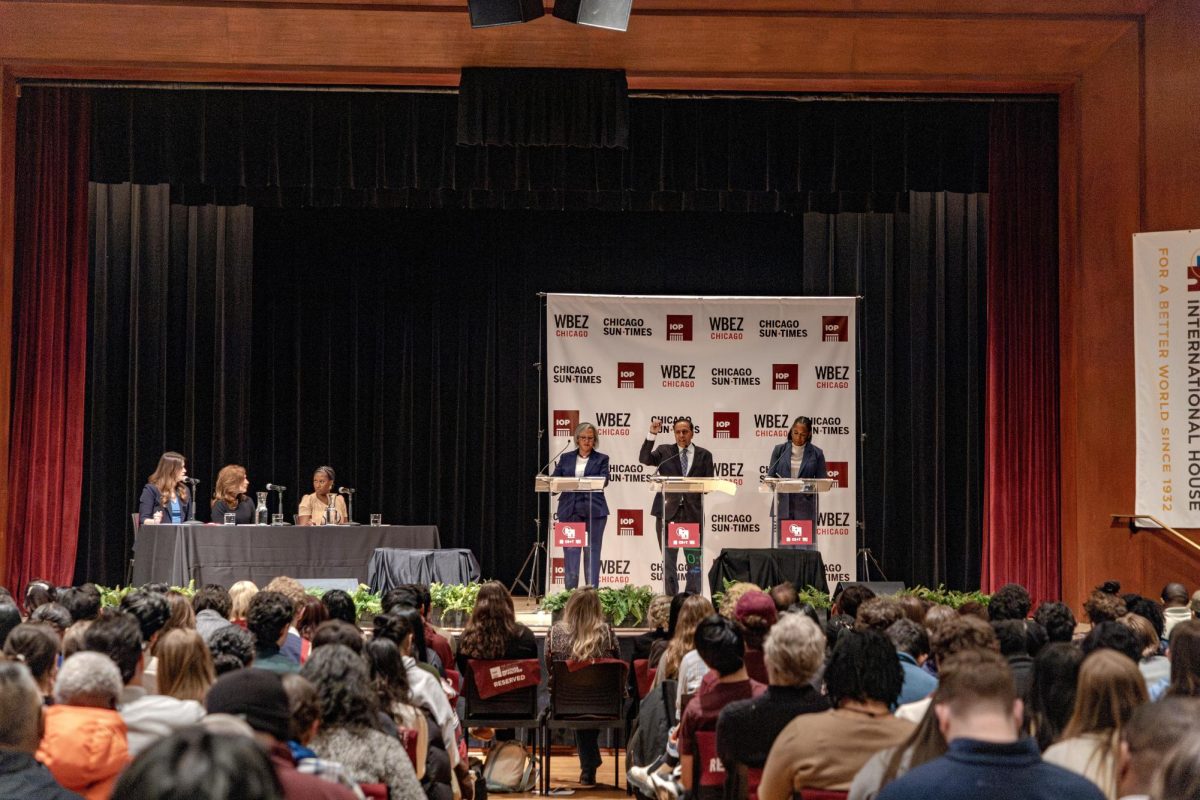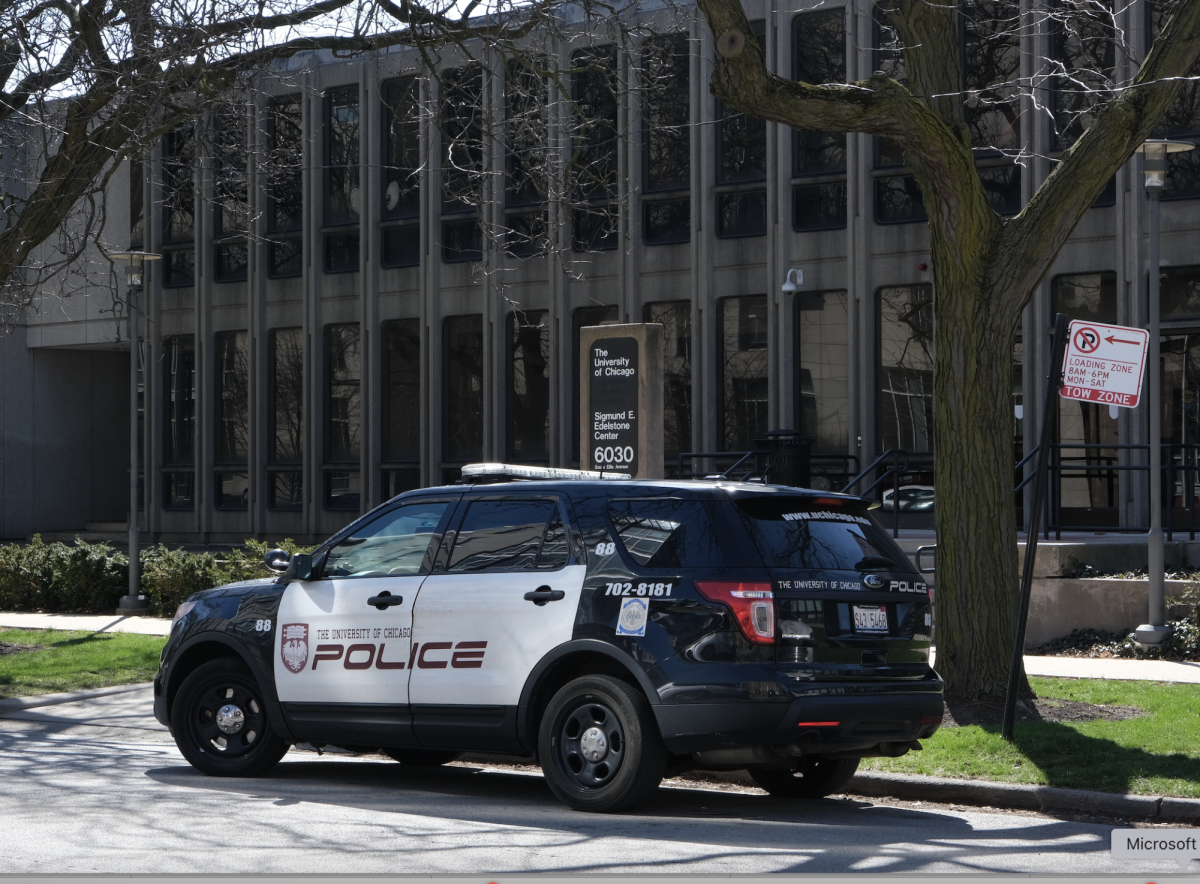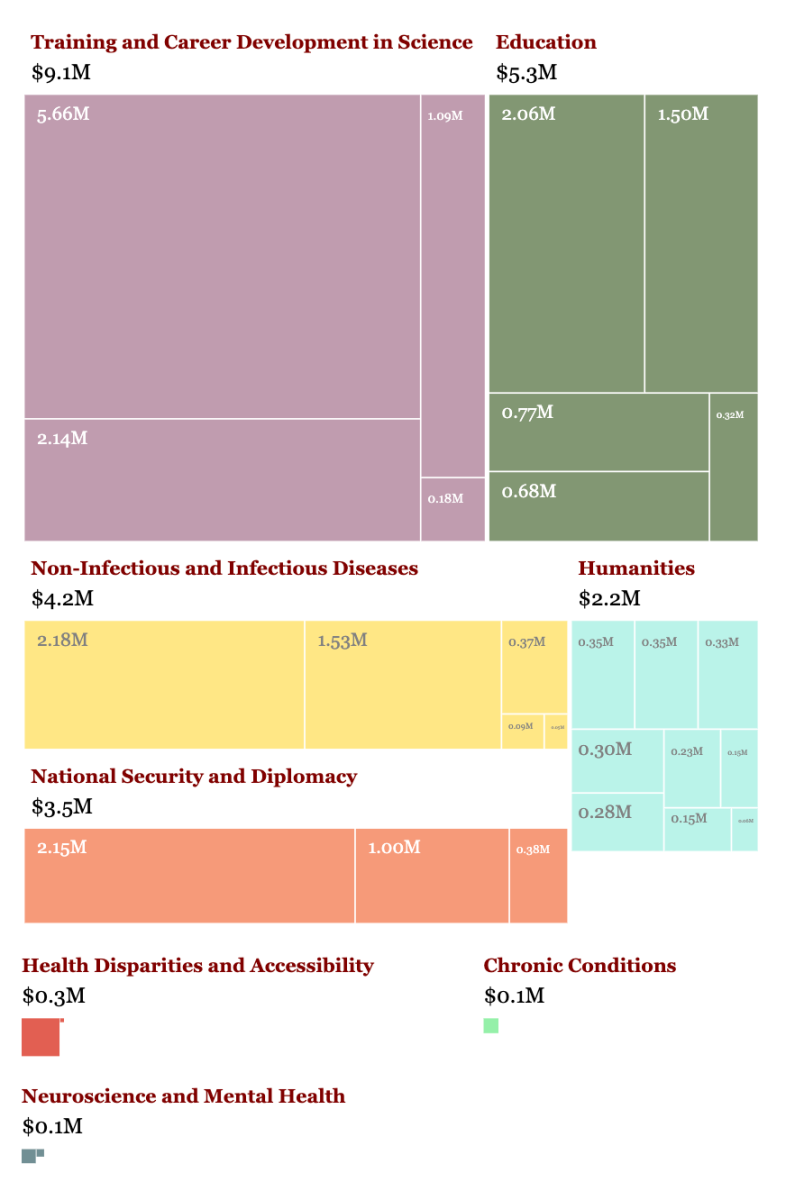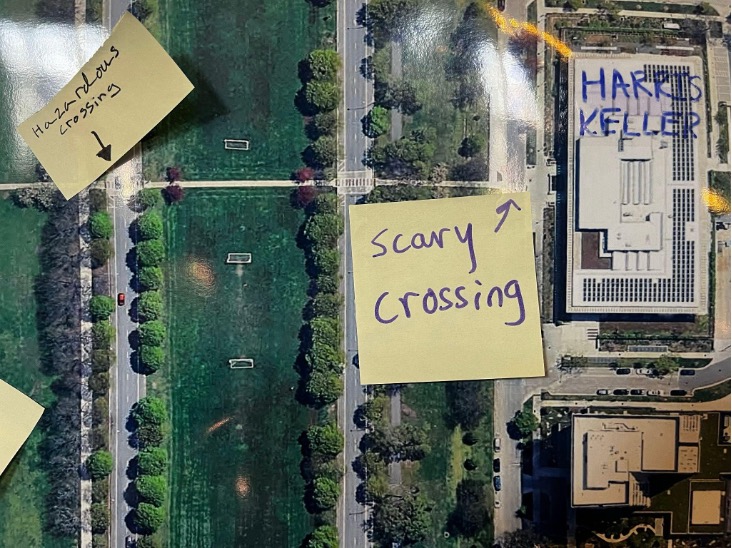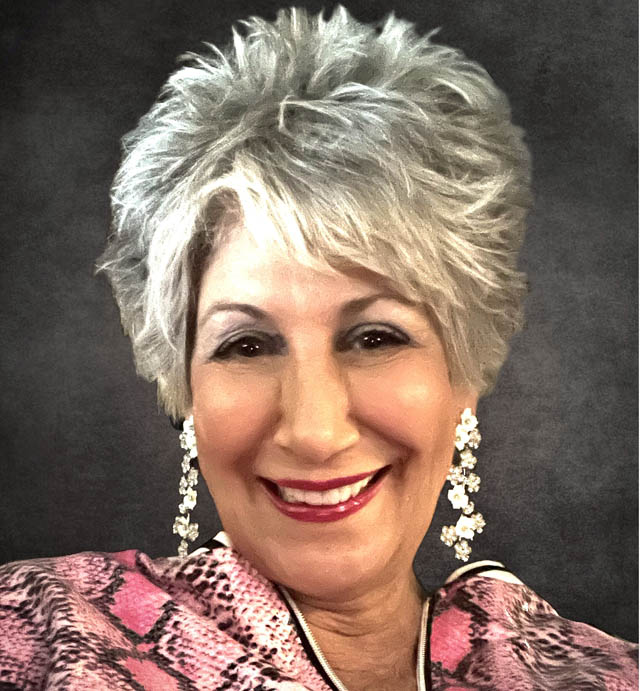
This article is the second in a series of interviews with Cook County elected officials who were elected or re-elected in November 2022. The first, with Cook County Treasurer Maria Pappas, can be found here.
When Fritz Kaegi first ran for Cook County Assessor in 2018, he was an outsider on a crusade to fix flaws in the property tax system. Corruption within the office, whose job is to assign property values in Cook County, had long kept the bulk of the County’s tax burden on homeowners. With his slogan of “no favoritism, just fairness,” Kaegi promised an end to these problems and put a new emphasis on equity and transparency.
Four years into his tenure, those claims are now under scrutiny. This November, Kaegi, no longer a political newcomer, was re-elected with an overwhelming 81 percent of the vote. However, his term hasn’t been entirely without challenges. The latest round of tax bills was met with shock from some citizens, as they discovered higher bills than last year’s. In January, residents of the West Side neighborhood of Pilsen marched in protest against what they considered an unfair tax burden: their share increased while cuts to the values of large commercial properties meant that big businesses were paying less.
Residents blame Kaegi. Kaegi blames the Board of Review, the three elected commissioners who revise and adjust initial valuations based on appeals from property owners. They have the final say over appealed property assessments and, initial data analysis shows, are partially responsible for homeowners’ tax hikes.
The Maroon sat down with Kaegi to learn more about his upcoming term, the criticisms his office is facing, and more. The conversation below has been edited for length and clarity.
—
Chicago Maroon: You recently won re-election. Why do you think Cook County wanted you back?
Fritz Kaegi: I think that they wanted us back for the same reason they put us in the office four years ago, which was to make a structural transformation of this office and the assessment system as a whole, making it more ethical, transparent, and fair.
Ethical in the sense of raising the bar in terms of eliminating cronyism, nepotism, patronage hiring, and all conflicts of interest. I’m the first assessor who never took campaign contributions from property tax lawyers. That’s a very big change from the pattern that had been in place for many decades in this office. We [the Assessor’s Office] made commercial appeals anonymous, so that people don’t see the identity of the lawyers handling cases, along with a number of other ethical measures, including having a public visitors log. We publish all our data dictionaries, so that people can see how we’ve arrived at our residential numbers. People can see the results in terms of fairness in 2020. It was the first time the average Chicagoan’s property tax bill fell on the residential side. We’ve really broken this trend of inexorable growth of residential property taxes growing faster than commercial property taxes that was in place before I came into office. I think that’s why people re-elected us.
CM: In 2022, your office got an award from the National Association of Counties because of discussions you conducted about how race impacts the work of assessors. What responsibilities do you see yourself having as an assessor when it comes to race and equity?
FK: It is really of prime importance because assessments are how we divide up a [tax] burden that’s already been determined by all of the school boards and municipalities in Cook County. Fairness and eliminating bias across the board, from every property owner, in every neighborhood, in every racial group, is the prime duty of this office. We can use our voice to really shine a light on inequities that may not arise from our own work but are part of the system and to find systemic solutions to them.
An example would be that property taxes are higher in Illinois than they are in many other states. This is because our schools only get about 25 percent of their funding from the state, whereas it’s closer to 50 percent in most other states, including our neighbors in Indiana. So to educate our kids, which the voters want them to do, school districts have only one tool, which is property tax revenue. That’s why property taxes are high.
If you look at a place like Harvey, which is in the South suburbs, their tax rate is six times what it is in Chicago. This is simply because they have a much, much smaller property tax base than Chicago does, for many different reasons, like deindustrialization, e-commerce, and massive inequities in our residential housing markets. In order to educate their kids, they have to tax themselves at a much higher level than we do. That’s just very unfair. Unfortunately, assessments cannot fix that problem. They can fix biases in how we value properties, but they can’t fix the bias of what kind of burden is placed on Harvey to begin with.
We’re having conversations with Professor [Christopher] Berry, director of the [UChicago] Center for Municipal Finance, whose research has found inequities and assessments across the nation. He said that one of the reasons for this was that homes at the bottom end of the price spectrum seem to be systematically overvalued, because assessors don’t have information about the condition and quality of interiors. This has led to an initiative that we’re leading, with the top 15 assessors in the nation, to get access to a federal mortgage appraisal database. This is just an example of how we’ve brought together leaders in this area.
CM: This year, some gentrifying neighborhoods, like Pilsen, were particularly hard-hit by the second installment of the 2021 tax bills. There were residents marching to the Cook County Building and property owners expressing fears of displacement. What do you think is the role of the assessor’s office when it comes to gentrification?
FK: First of all, when it comes to gentrification, the first thing is to make sure that we have the best data that we can to estimate the value of properties correctly. What you never want to do is average two things that are very different. A lot of the time, in gentrifying neighborhoods, you have homes which are very old and might not have been renovated at all. But you also have newly constructed homes, which might have been renovated by house flippers or completely new construction. Our data science team, incidentally led by people who were originally from the University of Chicago’s Harris school, have helped us to try to use the data tools that we have to distinguish between those two different kinds of properties.
We’re also trying to increase participation in exemptions through outreach. Exemptions are a way that average homeowners to any kind of homeowner can take some of that amount off of the top just by virtue of that [being] their main home, but they have to apply for it. And about a third of homeowners don’t have their exemption. We focus it on communities where there’s been this gentrification.
But the most important thing that we can do about gentrification is addressing this overall question of fairness and the overall tax base. In Pilsen, the average bill is up by a little bit over $1,000. For the average homeowner, that’s a big increase. That’s over a third increase in some cases. In our first round of assessments, the average homeowner’s share of the burden was down about more than five percentage points: that’s over a $500 reduction that the average homeowner should have received. But then, the Board of Review cut commercial values in Chicago by 24 percent, but they cut residential by only one. So that put a lot more burden on every single homeowner and small business: it shifted about six percentage points of the burden back on to homeowners. So more than half of the total increase of the bill in Pilsen was represented just by those cuts on the big properties done by the Board of Review. The numbers show it.
However, even without the change by the Board of Review, people’s bills in Pilsen would have gone up because the value of their properties went up. If we don’t follow the changes in prices that happened in neighborhoods, like Pilsen, we put more burden on other neighborhoods, like the East Side of Chicago where house prices have not gone up. This is why fairness in the system really requires following prices wherever they go and making sure that you’re not over assessing anyone, especially systematically.
CM: In December, you met with the Pilsen Chamber of Commerce and other community groups to discuss their concerns about these issues. What were those conversations like?
FK: The constituents in Pilsen showed us what it does to their bills when the values of people’s homes rise. What we said is, “we agree with you, and here’s what we can all do to try to make sure that this does not happen to the degree that is happening.” The biggest commercial property in Pilsen is the data center owned by Blackstone, the biggest real estate property owner in the world. The Board of Review cut its value by 80 percent. It was really unfair to all those folks in that room to see the size of these cuts that were being made.
The Board of Review which made those cuts is mostly made up of people who’ve been elected out of office. We’re taking the values of the commercial properties that were cut in Chicago, of the major classes where the big cuts were least explicable, back to where we set them in 2021. The new Board of Review will have to take a position on these properties. I believe that the new commissioners are not going to want to do the same thing that the previous Board of Review did. One of those new commissioners, George Cardenas, is from a district that’s heavily Latino and he’s committed to doing things to make the system [fairer], just like we are so there’s a little bit of hope there.
We also talked about finding every person who doesn’t have the exemptions that they deserve and making sure that they’re enrolled in those. Then people can get money back for taxes that they’ve overpaid for years.
CM: As you’ve alluded to, your office has been clashing with the Board of Review in this most recent tax cycle. How does conflict between key players in the tax process impact your ability to achieve campaign promises?
FK: A lot of people think that whatever we decide is the last word, but it’s not. We are responsible for assessing 1.9 million properties. Then, people appeal to us, but they can also appeal to the Board of Review. The previous administration of the Board of Review was using a lot of the methods, approaches, and mentality of my predecessor, Joe Berrios, so we’ve been coming up against each other on approaches to valuations of commercial properties. We’re looking at a pattern of data that has been shown in study after study, which was a massive undervaluation of commercial properties. There was a study done by the International Association of Assessing Officers that showed that commercial properties were 40 to 50 percent undervalued across Cook County on the eve of us taking office. In our work, we have closed that gap.
We’re cautiously optimistic that this new [Board of Review] is committed to working off of the same IT platform as us, to being more transparent in their methods, and to being more equitable. We’re working with President Preckwinkle as part of a Property Tax Task Force to address ways that we can share data, share methods, and reduce these inequities that exist.
CM: You said that the state of the tax base was returned to what it was under your predecessor, Berrios. What are you doing to avoid future setbacks?
FK: In the end, I can do what I can do. We want to work with the public and other actors so that the board review goes in the right direction too. And I resoundingly have been reelected, I was the top countywide vote getter in this election, and I beat the boss of the machine four years ago. So you know, this is the public and the public is kind of aware of what we’re doing. I don’t think they’re really aware of the board review. And the board review can’t stand in the way of this reform that the public has been demanding. So with this new Board of Review in place where we’re optimistic that things will go in the right direction.
CM: Your work has been criticized by some other Cook County public servants. Treasurer Maria Pappas called your recent assessment “outrageous” when discussing the delayed tax deadline, saying people needed time to pay because of the outrageous assessment. The Board of Review Commissioner, Larry Rogers, said the 2021 tax cycle was the “worst assessment cycle” that he had seen of any assessor he had served with, on the basis that you made errors in your assessments. How do you respond to these criticisms?
FK: Larry Rogers really represents the old regime. He served on the Board of Review with Joe Berrios and while all these bad things were happening under the Berrios administration, he just stood by. All of these studies have shown that commercial properties were 40 to 50 percent undervalued and yet, in many cases, under Larry Rogers, the numbers have been taken right back to where they were under Berrios. He really represents the old school. We represent change and he doesn’t want to change. The county signed a contract to replace a 40-year-old mainframe, and they paid for it upfront, but the project was never advanced under the Berrios administration. We took it on ourselves to put it into place. Last year was the final phase, but the Board of Review, led by Larry Rogers, refused to recognize any change in the technology and basically made us put all the data back into the mainframe for further use. I think Cook County commissioners have been very critical of him for stonewalling on implementing the new technology. We’re pleased that the new commissioners are committed to adopting the county’s technology. So there’s that. As for Treasurer Pappas, I think she’s just trying to empathize with taxpayers.
CM: Some developers have accused you of being too political in your assessments and see your shifting of the tax burden onto commercial properties as an overreach. How do you respond to that?
FK: Crain’s Chicago Business did a deep dive looking at our revaluation of downtown properties, using the most powerful valuation tools that are out there. After the study, they said our assessments were the most accurate they’d ever been in this office and, if anything, they were still too conservative.
I’d also note that this is not universally true. Commercial properties differ from class to class and from neighborhood to neighborhood. People like to say that we’re trying to crush small businesses, which is not true. In fact, small businesses have been hurt by undervaluation of properties downtown, because they have to pick up the burden for them and the valuations of commercial properties in the neighborhoods are actually closer to the mark or, in some cases, overvalued before we came in.
CM: What are your priorities for this year’s assessments of the North suburbs?
FK: We’ve just completed the reassessment and we’re finalizing appeals now. We’re really pleased that, for three straight years, appeals have been on the decline. In the North suburbs, the final numbers still have to come in. I believe appeals are continuing to be down from where they were when we last reassessed the North suburbs three years ago.
Preliminary tests show that we’ve dramatically reduced valuation bias. This is the first time that commercial properties have gotten a fresh look after COVID, and we think we’ve done a terrific job looking at the effects upon different kinds of commercial properties in the North suburbs. In 2023, we’ll be reassessing the South suburbs, which have different challenges. The South suburbs have high tax rates because their properties are generally not valued very highly by the market, so they have to assume a larger share of the burden to sustain educating children and other public services. When tax rates are higher, we have to make sure we’re taking that into account when we assess those properties. Another thing we have to look at in 2023 is interest rates rising. That’s putting pressure on residential housing prices. We have to make sure that we’re taking that into account when we reassess in 2023 too.
CM: The Maroon represents Hyde Park, your home neighborhood. Do you have any particular message for your constituents in our ward?
FK: I’m a Hyde Parker, born and bred. Every square foot of Hyde Park and the campus itself means a lot to me. My dad taught at the University of Chicago for 15 years. I come to events at the Institute of Politics. I was just in Hyde Park over the weekend, buying books at the Seminary Co-Op. Hyde Park is an example of an area that is very challenging from an assessment point of view because we have so much segregation. You would never want to average housing prices in Hyde Park, with Woodlawn and Washington Park, even though they’re right next to each other. Being very careful about distinguishing between where prices are in Hyde Park from the surrounding communities is very important so that we don’t have biased assessments. This is one of the areas that we focused on when we were testing different valuation models and approaches.
CM: Do you have any other comments or information you’d like to share?
FK: We’re proud to have a team from [UChicago’s] Institute of Politics, helping us on one of the new initiatives that we can do as a result of our new technology. We have something called PTAXSIM, which is a data tool that helps people to understand the effect of any change in assessments, TIFs [(Tax Increment Financing)], or exemptions on every single taxpayer in the community and to help people understand how different policies can change tax bills. We have a team from the Institute of Politics that’s going to help us present this to the public in an understandable way, which is a really important part of the work that we do.
We are also really proud to have interns from the Harris School in our office, who are helping us continue to become a leader in using data science for the public good to result in more equity in the property tax system. It’s a really neat area that a lot of folks from the UChicago community can get excited about.
One of the interesting things to know is that as a result of the reassessment in the tax bills that were just sent out, tax bills mostly fell in communities south of Garfield in Chicago. There’s been a lot of attention put on the effects of gentrification in communities like Pilsen, but I don’t think there’s been enough attention focused on the fact that average bills have fallen in a lot of communities in a pretty impactful way. We saw that a lot of communities in places like South Shore and Chatham and Pullman were overvalued, and were paying too high a share of the burden, which was impeding community development and the growth of people’s wealth in those communities. We’re proud that our work had an effect there.






